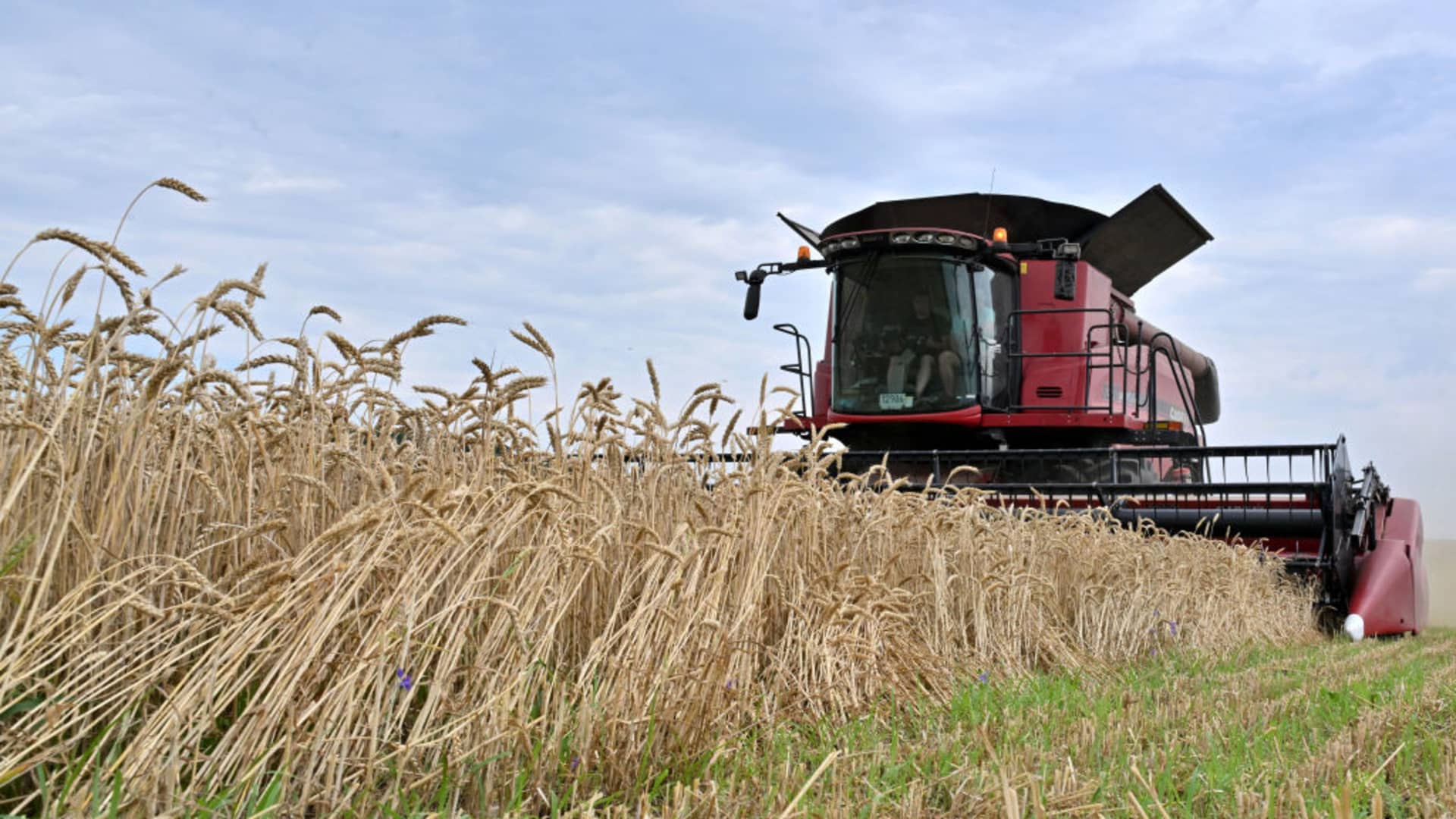Ukraine, known as the world’s “bread basket,” produces more wheat than it consumes. Its exports are crucial for global food security, particularly in African countries that are now concerned about potential food shortages. The recent threat from Russia to treat ships heading for Ukrainian ports as military cargo carriers has caused wheat prices to rise. The most actively traded wheat contract on the Chicago Board of Trade has reached a three-week high, following an 8.5% increase in the previous session. This escalation in prices is driven by mounting geopolitical tensions and fears of a global food security crisis.
The rise in wheat prices is a direct consequence of Russia’s decision to pull out of the Black Sea Grain Initiative, which provided a vital maritime humanitarian corridor for the export of Ukrainian grain. The United Nations Secretary-General, António Guterres, expressed deep regret over Russia’s termination of the initiative, as it serves as a lifeline for millions facing hunger and rising food costs. The European Union foreign policy chief, Josep Borrell, warned that this decision by Russia will endanger global food security and result in a major food crisis worldwide.
Attacks on grain terminals
Russian forces have recently launched extensive missile and drone attacks on port and grain infrastructure in southern Ukraine. These attacks are believed to demonstrate Russia’s objections to the renewal of the Black Sea grain deal and obstruct Ukraine’s ability to export agricultural commodities. Ukraine’s Agriculture Ministry reported the destruction of 60,000 tons of grain and crucial infrastructure in recent attacks on Ukraine’s southern port of Odesa and other cities. Western and Ukrainian officials accuse Russia of targeting all those who depend on Ukraine’s grain exports, thereby jeopardizing the lives of vulnerable individuals. African and Middle Eastern countries heavily rely on Ukrainian grain and food products.
‘Further pressure on supplies’
Moscow’s warning that vessels sailing towards Ukrainian ports will be seen as involved in the conflict on the side of the Ukrainian regime further escalates tensions. Russian President Vladimir Putin has stated that Russia will reinstate the international grain deal if its demands are met, which include the lifting of restrictions on its own grain and fertilizer exports and the removal of sanctions on the Russian Agricultural Bank. The Black Sea Grain Initiative, signed last year, facilitated the export of over 32 million metric tons of food commodities from Ukrainian Black Sea ports to 45 countries worldwide. The United Nations emphasizes that this initiative plays a vital role in global food security and stability.
The termination of the Black Sea Grain Initiative means that Ukraine will now have to rely on land borders and Danube ports for most of its grain and oilseed exports. This will result in higher transportation costs and put additional pressure on Ukrainian farmers’ profits. Consequently, there may be a decrease in planting next season, exacerbating future supply issues. Low-income countries in Africa and the Middle East are likely to become more reliant on Russian wheat, as Russia accounts for over 20% of global wheat exports.
Denial of responsibility! VigourTimes is an automatic aggregator of Global media. In each content, the hyperlink to the primary source is specified. All trademarks belong to their rightful owners, and all materials to their authors. For any complaint, please reach us at – [email protected]. We will take necessary action within 24 hours.


